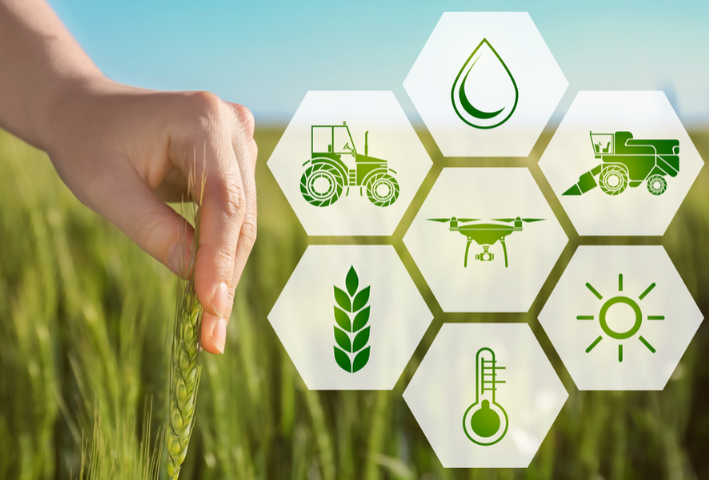- Home
- About Us
- AM GROUP
- AGRI MEET FOUNDATION
- AIFW SOCIETY
- AGRI MEET INSTITUTE
- AGRI MEET E-ACADEMY
- MAGAZINE EDITORIAL BOARD
- HARWS
- AGRI MEET
- AGRI MEET IT CELL
- MEMBERSHIP
- TRAINING
- Collaborations
- DONATION
- AWARDS & RECOGNITION
- CONTACT US
AIFWS Strategy & Approach

AIFWS adopts the Saturation Approach, while implementing its various developmental interventions like Natural Resource Management (NRM), Skill Development, Institutional Development, Developmental Studies, Health & Sanitation, Education, Social Entrepreneurship and Market Access & Linkage.
Saturation Approach signifies total coverage of a village or targeted population (rural) with a number of interventions or developmental schemes, so that with the passage of time, every household, with the support of such interventions is able to overcome poverty and deprivation, and the covered population of the area is able to lead a socially & economically dignified life.
In other words, AIFWS strives to saturate its targeted area in line with its developmental activities and cover the entire population under its different interventions depending upon the needs and requirements of the community.
AIFWS keeps the community at the core of all its plans and builds such programmes and interventions around them as to support the earnings of each family in multiple ways besides improving the education, health and sanitation related facilities available to them. AIFWS divides its interventions into farm based and non-farm based activities depending on what kind of resources, capacities, and potential exist among the targeted communities. Farm based activities are more commonly promoted among those who have land and water resources and earn their livelihoods through agriculture, livestock and other similar Income Generating Activities (IGAs), while non-farm based activities are more needed for communities that do not have much of natural resources at their disposal and are conducive to IGAs in the secondary and tertiary sectors. Most of the interventions employ a judicious mix of both.
Non-Farm based activities basically make use of the human resource and skill sets that are locally available or the potential or talent to acquire the same exists, but are not being used productively. These require careful identification of needs, preferences and capabilities of the community. Further, nature of interventions depends on age groups and social and commercial practices that pre-exist in the locality. Human Resource Development is another Non-Farm based activity through which AIFWS targets those individuals who are ready to undergo Skill Training and migrate to various work places in and out of the state in which they reside. Skill sets are identified and proper training is provided to the excess population of a village, who do not shows any interest in agricultural activities but shows more interest in organized trades and other services.






